Leeham News and Analysis
There's more to real news than a news release.
 Leeham News and Analysis
Leeham News and Analysis
- The Boeing 767 Cross Section, Part 1 November 24, 2022
- Movie Review: Devotion November 21, 2022
- China will accelerate development of its commercial aerospace sector November 21, 2022
- Bjorn’s Corner: Sustainable Air Transport. Part 46. eVTOL comparison with helicopter November 18, 2022
- The economics of a 787-9 and A330-900 at eight or nine abreast November 16, 2022
Pontifications: Bombardier’s challenges beyond Boeing complaint
May 8, 2017, © Leeham Co.: The fallout and speculation continues after Boeing filed a complaint April 27 over Bombardier’s deal for 75+50 CSeries with Delta Air Lines.
The complaint was filed with the US government and the International Trade Commission.
Our stories are here, here and here.
Read more
Posted on May 8, 2017 by Scott Hamilton
Boeing targets Bombardier for “dumping” CSeries in US
April 27, 2017, © Leeham Co.: The Boeing Co. late today filed a petition with the US government, charging Bombardier with “dumping” the CSeries in its deal last year with Delta Air Lines for 75+50 CS100s. Delta can convert the order to the larger CS300, which competes with Boeing’s 737-700/7 MAX.
Boeing claims Bombardier sold the airplanes for about $20m, against a cost to build the airplanes of about $33m.
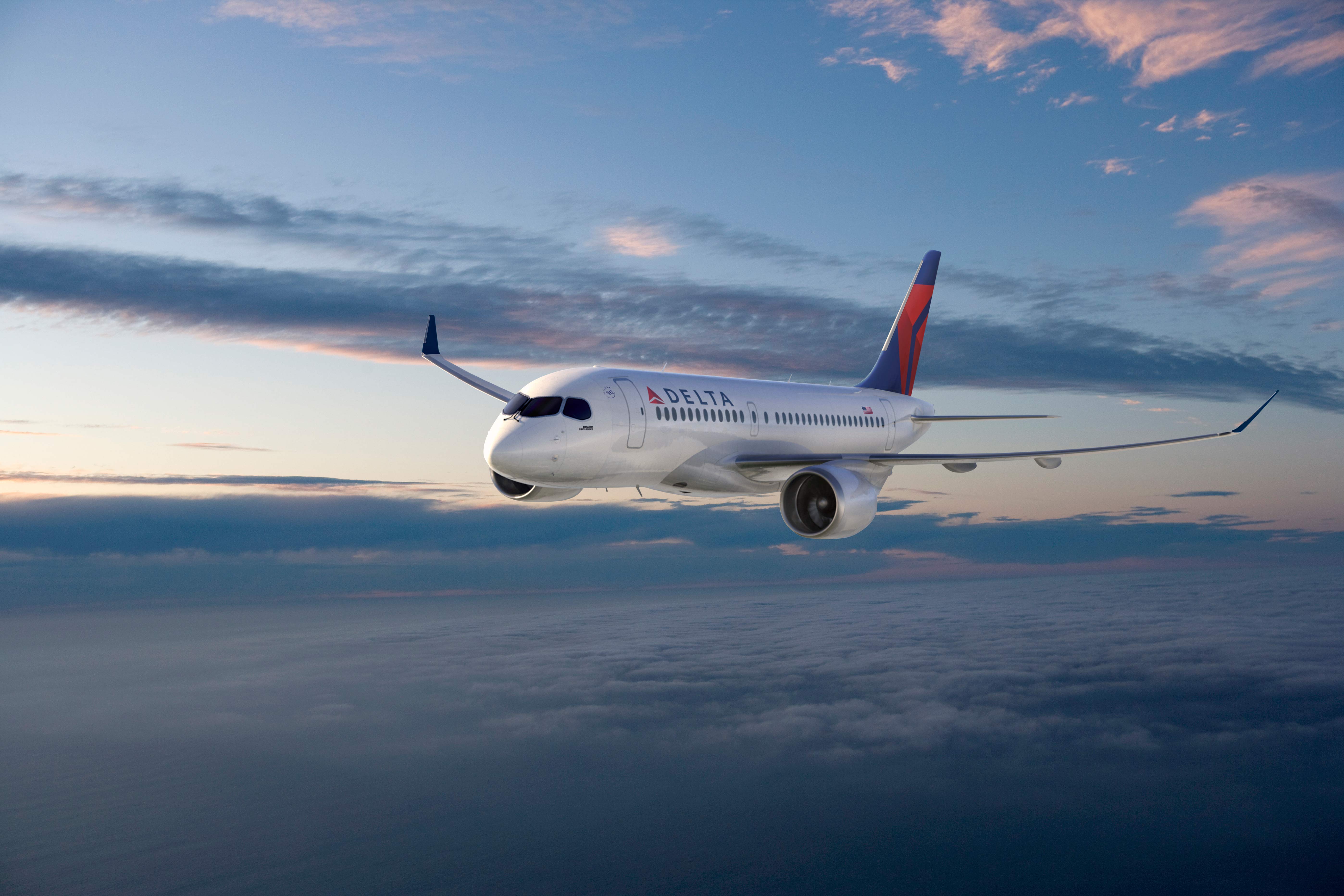
Delta Air Lines ordered the Bombardier CS100. Boeing claims the low price constitutes “dumping,” as defined in regulations.
The 1,039 page complaint cites as one of its references Leeham News and Comment. A redacted, 147 page version may be downloaded here: BBD Complaint 042717.
A Wall Street Journal article and Financial Times article summarize the complaint.
Boeing’s press statement is below the jump.
Delta Air Lines competition
Boeing competed in the Delta competition, offering a combination of used Boeing 717s and, LNC believes, new 737-700s. The fully amortized -700s can be offered at a very low price, compared with the new 737-7 MAX (which at that time was the 125-seat, two-class version, not the 149-seat configuration it has since become). Boeing beat Bombardier in a hot contest at United Airlines, predating the Delta deal, by offering the -700 at a rock-bottom price believed to be in the $24m range, a price Bombardier could not then match. (A United official denied the $24m price to LNC, but others cited this number.)
Since the United deal, Bombardier received investments from the Quebec provincial and federal governments specifically tied to the CSeries, and more than US$1bn from a quasi-government pension fund for a stake in Bombardier’s rail unit. The investments are widely considered to be bailouts that prevented Bombardier from declaring bankruptcy due to cost overruns and delays from the CSeries and Global corporate jet development programs.
Bombardier took a US$500m “onerous contract charge” in connection with the Delta order and one from Air Canada.
Rival Embraer immediately cried foul and alleged the government monies violate World Trade Organization rules. Bombardier says the financial structures comply with WTO rules. Brazil, at the behest of Embraer, filed a formal complaint with the WTO. Boeing, while not filing its own WTO complaint, joined in the action, according to press reports at the time.
Boeing’s action today so far is limited with the US government.
Posted on April 27, 2017 by Scott Hamilton
Delta reviewing Airbus wide-body order, but more is going on
Subscription Required
Introduction
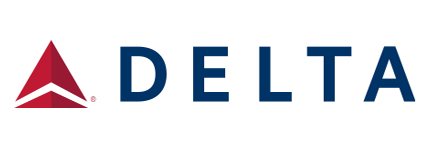 April 12, 2017, © Leeham Co.: Delta Air Lines today said on its earnings call that it is reviewing its wide-body order with Airbus.
April 12, 2017, © Leeham Co.: Delta Air Lines today said on its earnings call that it is reviewing its wide-body order with Airbus.
At face value, the Delta statement might seem alarming. But as so often becomes the case, the “review” may not be what it seems.
Summary
- There is more activity about fleet requirements than simply “reviewing” the wide-body orders.
- Delta’s preparing to issue an RFP for single-aisle Airbus A321neos and/or Boeing 737-9/10s.
- Boeing hopes Delta will be a launch customer for the MAX 10.
- The NMA/MOM aircraft could be involved.
Pontifications: Branson gets pissy over dropping the Virgin America name

By Scott Hamilton
April 3, 2017, © Leeham Co.: Sir Richard Branson came to Seattle last week to promote the new service by Virgin Atlantic Airlines to London. In a hissy-fit, he promptly pissed on Alaska Airlines for the business decision to drop the Virgin America brand in 2019.
Alaska, of course, acquired Virgin America last year. The acquisition didn’t sit well with Branson, who nevertheless made out well in the deal.
Although Alaska officials said they would decide later whether to retain the Virgin brand, only those with wishful thinking gave any chance of this happening.
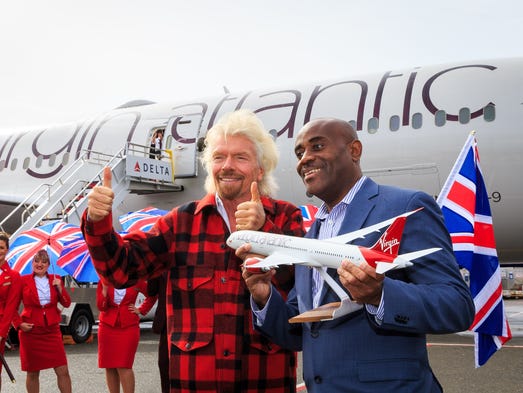
Richard Branson in Seattle for Virgin Atlantic’s new service to London. USA Today photo via Google.
Branson certainly knows this. In 1997, Virgin Group acquired the low fare carrier Euro Belgium Airlines for $60m and promptly dropped the name in favor of Virgin Express.
VE lasted only nine years; it ceased operations in 2006 when it was sold and merged into the new Brussels Airlines.
Branson’s whining over Alaska’s decision to operate the merged operations into the Eskimo’s image smacks of hypocrisy.
Let’s also remember that his Virgin Atlantic is 49% owned by Delta Air Lines, which is building a hub in Seattle in competition with Alaska. The fight between Alaska and Delta is sometimes bitter.
Branson’s criticism of Alaska might have as much to do with Virgin Atlantic’s partnership with Delta as it does his own bruised ego.
Posted on April 3, 2017 by Scott Hamilton
Airlines, Alaska Airlines, American Airlines, Delta Air Lines, Pontifications, United Airlines, US Airways
Alaska Airlines, American Airlines, Britt Air, Continental Airlines, Delta Air Lines, Eastern Airlines, Horizon Air, Jet America, New York Air, PeoplExpress, Richard Branson, United Airlines, US Airways, Virgin America
Major fleet decisions may not be positive for Airbus, Boeing
Pontifications is off this week.
Subscription Required
Introduction
March 20, 2017, © Leeham Co.: There are some major fleet decisions that will probably come down the pike this year at American, Delta and United airlines. Not all of them are going to be viewed positively by Airbus and Boeing.
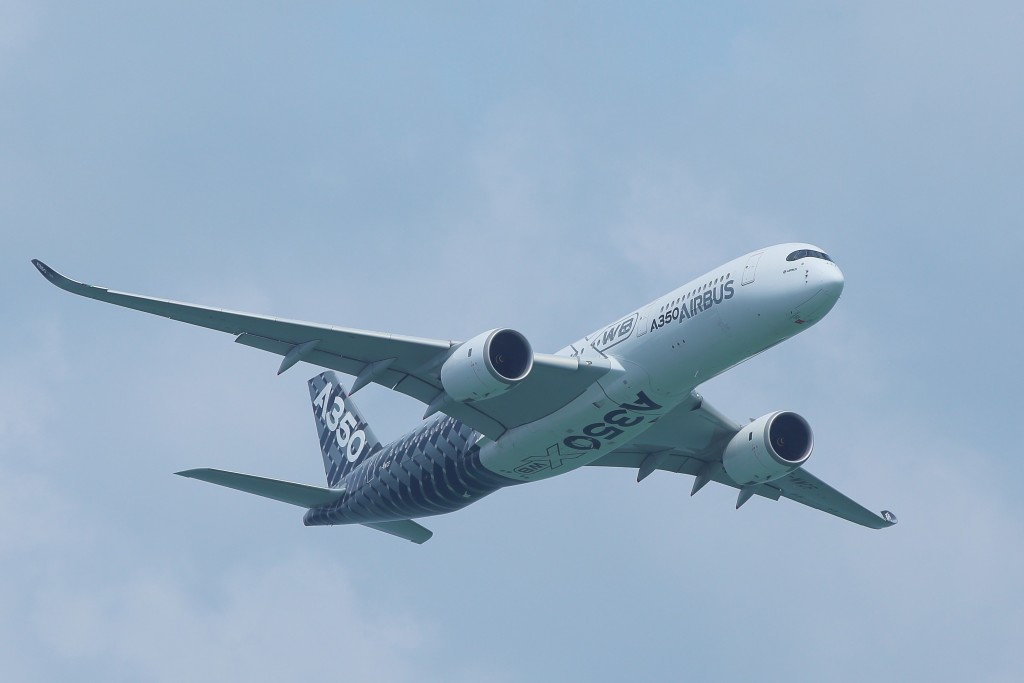 There is also a serious warning sign emerging from the Middle East that could have serious, negative impacts on Airbus and Boeing.
There is also a serious warning sign emerging from the Middle East that could have serious, negative impacts on Airbus and Boeing.
Summary
- American Airlines doesn’t want its Airbus A350-900s any more. Consolidation with US Airways appears to have made these surplus.
- Delta Air Lines, which so far eschewed any orders for the Airbus A320neos and Boeing 737 MAXes, is understood to be readying a Request for Proposals to be issued this year.
- United Airlines doesn’t want its Airbus A350-1000s any more. Picking up cheap Boeing 777-300ERs appear to have made these surplus.
- Emirates Airlines, reacting to Brexit and Donald Trump’s travel bans, is undertaking a full business review in response to a sharp drop in bookings.
Posted on March 20, 2017 by Scott Hamilton
Airbus, Airlines, American Airlines, Boeing, Delta Air Lines, Emirates Airlines, Etihad Airways, Pratt & Whitney, Premium, Qatar Airways, United Airlines, US Airways
747-400, 767-300ER, 777 Classic, 777-300ER, 777X, 787, A321, A321NEO, A330-900, A330neo, A350-1000, A350-900, A380, Airbus, American Airlines, Boeing, Brexit, Continental Airlines, Delta Air Lines, Emirates Airline, Etihad Airways, President Donald Trump, Qatar Airways, Tim Clark, United Airlines, US Airways
Pontifications: Boeing MAX 10, “797” NMA dominated ISTAT headlines

By Scott Hamilton
March 13, 2017, © Leeham Co.: The soft launch of the Boeing 737-10 and the prospective Boeing “797” Middle of the Market aircraft easily were the headline news items to come out of the annual ISTAT conference in San Diego last week.
The “797,” as the MOM-sector aircraft was unofficially dubbed, brought enthusiastic reaction.
The MAX 10, not so much.
Posted on March 13, 2017 by Scott Hamilton
If Boeing builds MAX 10, will customers come?
Subscription Required
Introduction
March 7, 2017, © Leeham Co.: If Boeing builds the 737-10, which appears increasingly likely, will customers come?
This is always the multi-billion-dollar question for any aircraft and engine manufacturer.
For Boeing, launching the 737-10 is a low-risk, and in the eyes of many, futile effort to stem the bleeding of market share between the MAX 9 and its rival, the Airbus A321neo.
- “That’s the most absurd thing I’ve ever heard. What is he, flying downhill?” Airbus’ John Leahy reacting to claims by Boeing’s Randy Tinseth that the 737-10 has more range than the A321neo.
Depending on who’s counting and how the numbers are calculated, the A321 sales outpace the MAX 9 by a factor of four or five to one. LNC calculated last year that the ratio is more likely 3:1, identical to the market share split between the predecessor airplanes, the 737-900ER and the A321ceo.
Posted on March 7, 2017 by Scott Hamilton
Pontifications: Boeing 737-9 roll-out–Nothing Special in the Air
March 6, 2017, © Leeham Co.: Boeing rolls out its 737-9 MAX tomorrow.
Last week, I received a call from one of the network/cable news organizations asking, What’s special about this airplane?
The answer is: Nothing.
Posted on March 6, 2017 by Scott Hamilton
Airbus, Alaska Airlines, American Airlines, Boeing, China, Delta Air Lines, Lessors, Pontifications, United Airlines
737-10, 737-7, 737-8, 737-800, 737-9, 737-900, 737-900ER, 737NG, 747-8, 787, Airbus, Alaska Airlines, American Airlines, Boeing, Delta Air Lines, New Small Airplane, NSA, United Airlines, Virgin America
CSeries trans-Atlantic capability
By Bjorn Fehrm
Subscription Required
Introduction
February 23, 2017, © Leeham Co.: We previously described how new generation engines make the Boeing 737 MAX 8 a trans-Atlantic aircraft. The MAX 8 is smaller than the Airbus A321LR, but not the smallest single-aisle with trans-Atlantic capability. This distinction goes to the Bombardier CSeries.
We wrote about the CS100 capability to cross the Atlantic from London City Airport last year. After the article, we received new and improved data from Bombardier. The CS100 can now fly directly to US East Coast on the difficult westward leg with a business cabin of 42 seats. The updated article is here.
When we look at the improved capabilities of the CS300 (announced at Farnborough Air show last summer), this aircraft can also cross the Atlantic with a full cabin of 130 passengers.
Bombardier arranged so we could discuss this deeper with the VP CSeries program, Rob Dewar.
Summary:
- We use our aircraft performance model to compare the CS300’s suitability for long-haul to the Airbus and Boeing competition.
- The aircraft have similar range and seat mile costs. The smaller aircraft have lower trip costs.
- With Rob Dewar, we explored the potential for additional capability for the CS300.
Posted on February 23, 2017 by Bjorn Fehrm
Email Subscription
Twitter Updates
My TweetsAssociations
Aviation News-Commercial
Commentaries
Companies-Defense
Resources
YouTube
Archives
- November 2022
- October 2022
- September 2022
- August 2022
- July 2022
- June 2022
- May 2022
- April 2022
- March 2022
- February 2022
- January 2022
- December 2021
- November 2021
- October 2021
- September 2021
- August 2021
- July 2021
- June 2021
- May 2021
- April 2021
- March 2021
- February 2021
- January 2021
- December 2020
- November 2020
- October 2020
- September 2020
- August 2020
- July 2020
- June 2020
- May 2020
- April 2020
- March 2020
- February 2020
- January 2020
- December 2019
- November 2019
- October 2019
- September 2019
- August 2019
- July 2019
- June 2019
- May 2019
- April 2019
- March 2019
- February 2019
- January 2019
- December 2018
- November 2018
- October 2018
- September 2018
- August 2018
- July 2018
- June 2018
- May 2018
- April 2018
- March 2018
- February 2018
- January 2018
- December 2017
- November 2017
- October 2017
- September 2017
- August 2017
- July 2017
- June 2017
- May 2017
- April 2017
- March 2017
- February 2017
- January 2017
- December 2016
- November 2016
- October 2016
- September 2016
- August 2016
- July 2016
- June 2016
- May 2016
- April 2016
- March 2016
- February 2016
- January 2016
- December 2015
- November 2015
- October 2015
- September 2015
- August 2015
- July 2015
- June 2015
- May 2015
- April 2015
- March 2015
- February 2015
- January 2015
- December 2014
- November 2014
- October 2014
- September 2014
- August 2014
- July 2014
- June 2014
- May 2014
- April 2014
- March 2014
- February 2014
- January 2014
- December 2013
- November 2013
- October 2013
- September 2013
- August 2013
- July 2013
- June 2013
- May 2013
- April 2013
- March 2013
- February 2013
- January 2013
- December 2012
- November 2012
- October 2012
- September 2012
- August 2012
- July 2012
- June 2012
- May 2012
- April 2012
- March 2012
- February 2012
- January 2012
- December 2011
- November 2011
- October 2011
- September 2011
- August 2011
- July 2011
- June 2011
- May 2011
- April 2011
- March 2011
- February 2011
- January 2011
- December 2010
- November 2010
- October 2010
- September 2010
- August 2010
- July 2010
- June 2010
- May 2010
- April 2010
- March 2010
- February 2010
- January 2010
- December 2009
- November 2009
- October 2009
- September 2009
- August 2009
- July 2009
- June 2009
- May 2009
- April 2009
- March 2009
- February 2009
- January 2009
- December 2008
- November 2008
- October 2008
- September 2008
- August 2008
- July 2008
- June 2008
- May 2008
- April 2008
- March 2008
- February 2008




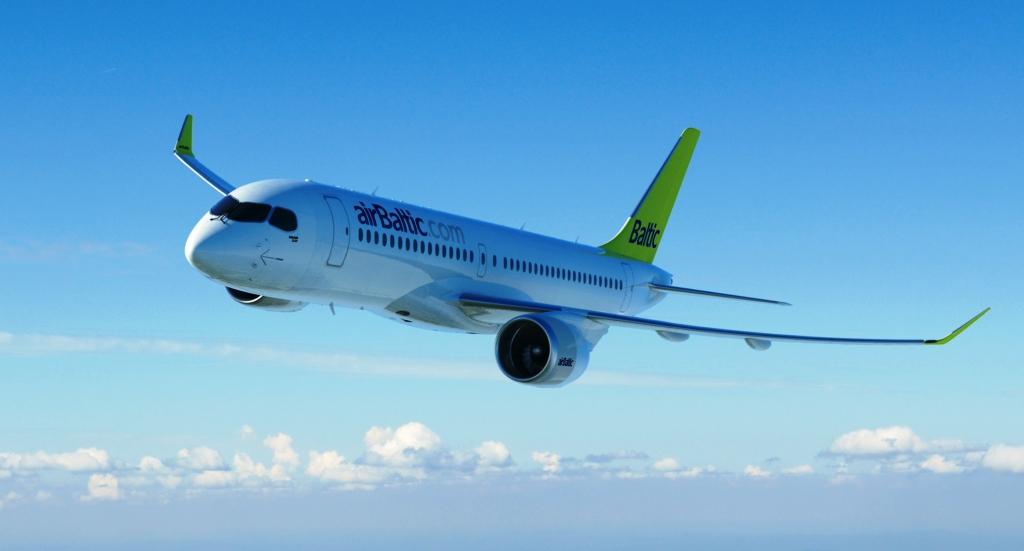
Boeing-Bombardier complaint could affect competition in coming Delta neo-MAX RFP
Commentary
May 1, 2017, © Leeham Co.: Boeing’s complaint against Bombardier’s CSeries transaction with Delta Air Lines, and a request for millions of dollars in antidumping and penalties might be coming at a bad time.
Was the Boeing 787 program marked by “launch customer pricing” or “dumping”? This may depend on program or unit accounting. Boeing photo.
“Boeing requests that the Department initiate an antidumping investigation and impose antidumping duties on Aircraft from Canada in an amount sufficient to offset unfair pricing above.”
If Boeing is successful in its request of the US government and International Trade Commission to impose duties before the first CS100 is delivered to Delta next year, the cost of the airplane will balloon from the $19.6m Boeing calculates (and which BBD denies) to at least $33m.
It’s unclear from the complaint who would pay this penalty—Bombardier, maintaining the price to Delta, or would Delta have to pay the reset price?
Regardless, this kerfuffle can’t be welcome news to Delta, which already has a ruffled relationship with Boeing due to its opposition to the ExIm Bank and orders for Airbus aircraft.
Read more
24 Comments
Posted on May 1, 2017 by Scott Hamilton
Airbus, Boeing, Bombardier, CFM, CSeries, Delta Air Lines, Embraer, Leeham News and Comment, Pratt & Whitney
737 MAX, 737-10, 737-900ER, 787, 7M7, A320ceo, A320NEO, A321ceo, Airbus, Boeing, Bombardier, CFM, CS100, CSeries, Embraer, LEAP, Pratt & Whitney